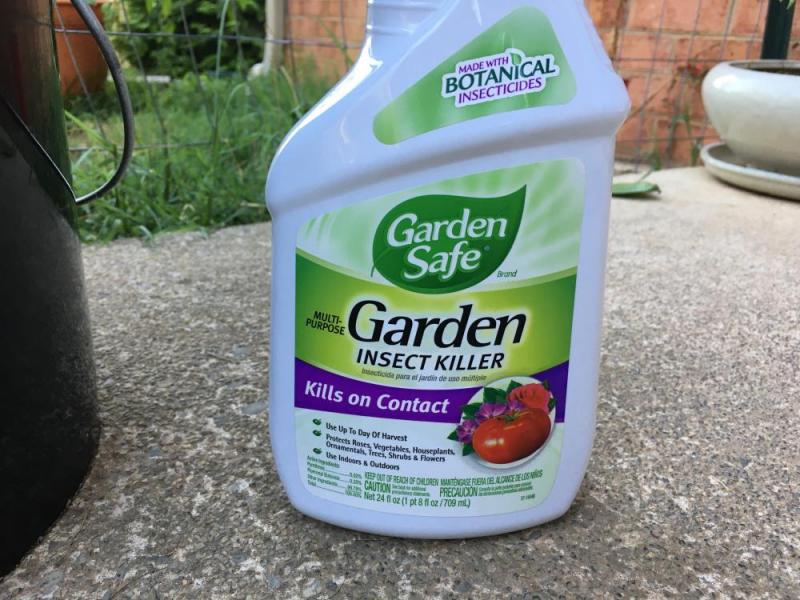Welcome to gardening in Florida. You've got the trifecta. (aphids, whitefly, mealybug) This is a nasty combination that will shut you down quick, if you don't get ahold of it. Two of the three bugs you got going there - the aphids and mealybug - are directly tied to the ants. If you pull back a little of the media at the base of the plant, you may also find that you have a thick glob of either mealy bugs, or root aphids, hiding just below the soil line. And I will also advise you to get those whitefly under control quickly, also, because where there's whitefly, there are often broad mites (they hitch rides on the legs of the whitefly, and they are uber destructive).
.
Unfortunately, if you have ants farming, they are almost certainly living in your containers. As a result, shutting down the rest of the pests can be a monumental task. When I'm back home, I've just gotten used to treating my plants as a matter of routine maintenance, rather than on detection. The ants are relentless when they get established, and I have even observed them attacking the beneficials. The lacewing are the toughest predators of the bunch, but I've not had great luck getting them to stay around. And the ants often attack their eggs. Ladybug larvae are also flaky. Depending on whether your live close to unimproved wooded areas, they may or may not have something better to eat, elsewhere.
.
One thing you might want to do, is to back off of fertilizers. Anecdotally, it does seem that too much seems to attract pests (this isn't necessarily a fact, just a casual observation). I have also been trying some experiments that involve providing an alternative to peppers, that are more attractive to the pests. I'm stuck in the PNW for a little while, and I had a bitch of a time with slugs and snails for a few weeks. I solved that problem pretty simply. I just started leaving them veggie scraps every night, and they immediately started leaving my plants alone. I'm trying to come up with a similar plan for when I get back home, to try to dissuade ants farming aphids on my peppers. I am researching plants that are aphid attractors, so that I can plan a sacrificial crop. I'll still spray soap on them every once in awhile, to keep the population from burgeoning, but that's the general idea.
.
Florida is tough, man. I'm not OK with dumping commercial products on my homegrown food. If one isn't so inclined, it can be a struggle. What area are you in?


